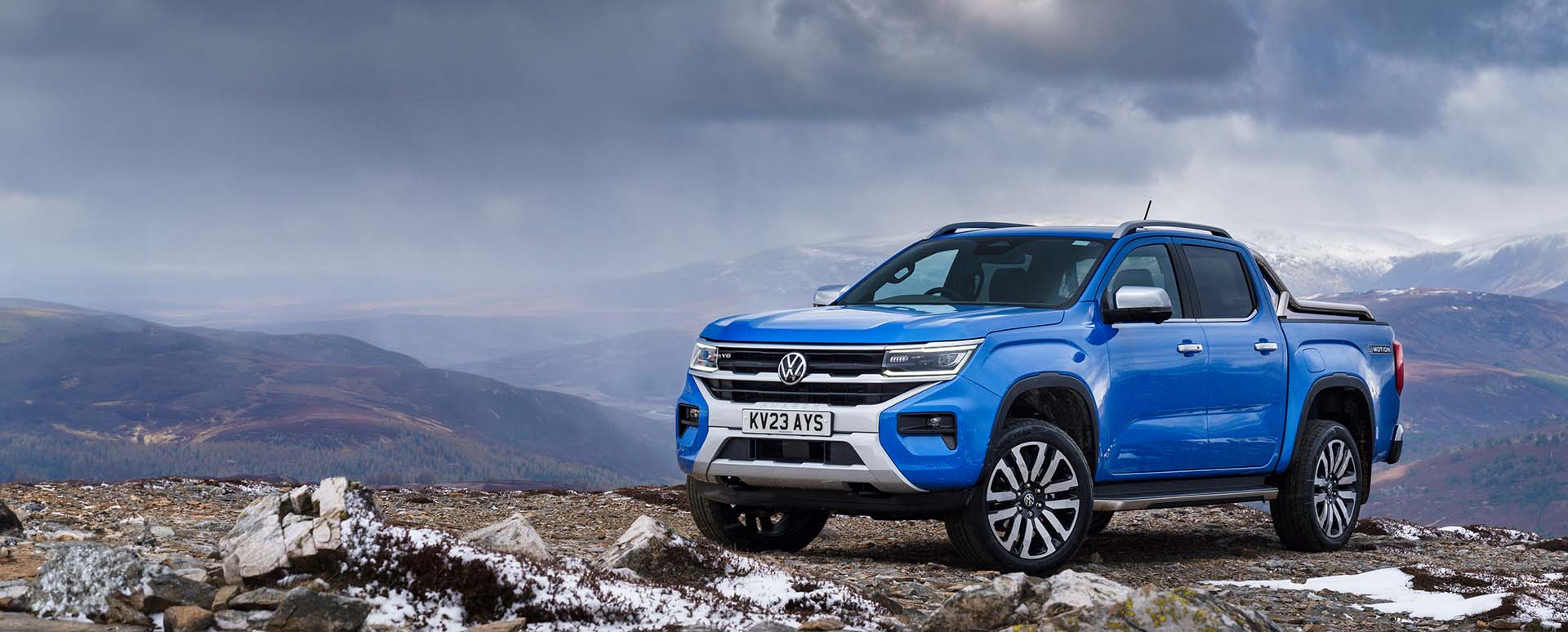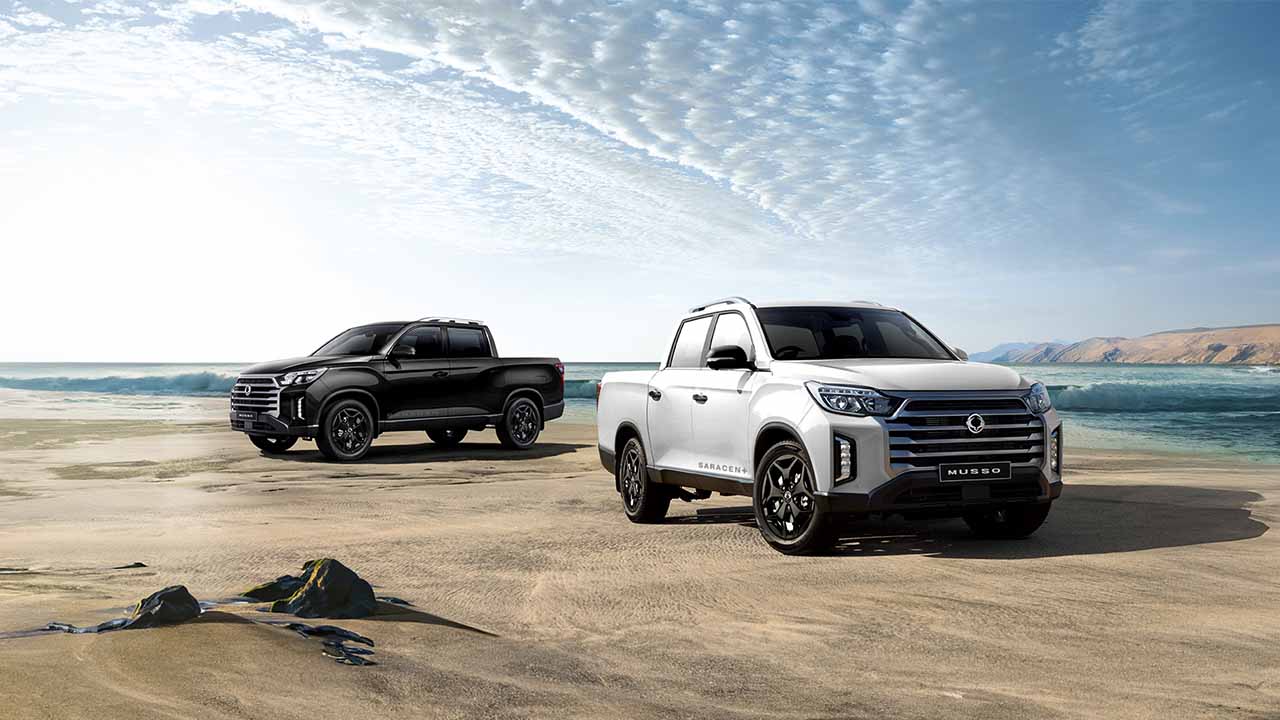HMRC has announced new guidelines regarding the taxation of double cab pick-up trucks, causing further confusion for owners and fleet operators across the UK. Following a high-profile court case that deemed the Vauxhall Vivaro and Volkswagen Transporter T5 Kombi as a car and not a van, this change has been implemented to bring greater alignment to multipurpose vehicles, but what's actually changing and how does this affect owners of such vehicles?
In this article, we'll explore double cab pick-up tax in more detail and explain how it may affect your fleet, as well as what actions you may need to take.
How is double cap pick up tax changing?
As part of its Autumn Budget in 2024, the Government announced that all double cab pick-up trucks would now be considered as cars for tax purposes - a major change that sees owners and fleet operators facing significant increases to their Benefit-in-Kind (BiK) payments from April 2025 onwards.
Its reasoning was related to the multipurpose use offered by double cab pick up trucks, stating that those with a second row of seats are capable of carrying multiple passengers. In this announcement, only vehicles that had 'four doors that are capable of being opened independently' were affected, leaving some double-row pick-ups exempt from the changes, but this has now changed.
In its most recent announcement, the Government has updated its guidance and retracted its statement regarding independently opened doors. This means that double cabs with hinged rear doors now fall into the new guidelines, extending its impacts to more owners.
Which vehicles are affected?
Any double cab pick-up truck (including those referred to as extended, extra, king and super cab pickups etc.) that has the following typically falls into the new rules:
- A front-passenger cab that contains a second row of seats and is capable of seating about 4 passengers, plus the driver
- Four doors, whether the rear doors are hinged at the front or the rear (2-door versions are normally accepted to be vans) and
- An uncovered pickup area behind the passenger cab.
However, there hasn't been an official list released specifying which exact makes/models fall into this category, primarily because many businesses request modifications/adaptations to their vehicles to suit specific purposes, which may result in a different classification to the vehicle's standard one.
The new rule changes do not affect single or extended cab pick-up trucks, as these are 'clearly made for commercial use only', according to HMRC. This means that, for tax purposes, these pick-up trucks will remain as commercial vehicles.
What do you need to do?
If you have already invested in double cab pick-up trucks and are concerned that this change may have profound impacts on your business, then you'll be pleased to know that HMRC has announced transitional BIK arrangements that will limit the impacts, at least in the short term. This means that current owners, or those that have already placed orders before 6th April 2025, are permitted to use the previous tax arrangements but are only permitted to do so until:
- The lease expires
- The vehicle is disposed of
- 5th April 2029 (or whichever occurs first)
Once the new rules come into place, anyone looking to lease or purchase a pick-up truck will be required to follow the new tax arrangements. There will be no changes to VAT treatment or the amount of Vehicle Excise Duty (VED) businesses are required to pay as part of the latest announcement.
Explore your fleet options with Pendragon Vehicle Management
With the upcoming changes to double cab pick-up tax coming into effect from April 2025, the impacts felt by businesses, owners and fleet operators may be of concern. However, with some careful planning, you're able to negate or delay the additional costs you are exposed to.
At Pendragon Vehicle Management, we're experts in fleet solutions and are ready to assist with the enhancement of your fleet vehicles. Whether you're interested in ordering some new vehicles ahead of the change in rules to capitalise on the transitional BIK arrangements or want to discuss longer-term solutions to your fleet, our expert associates are on hand to provide advice that's catered to your specific business needs.







